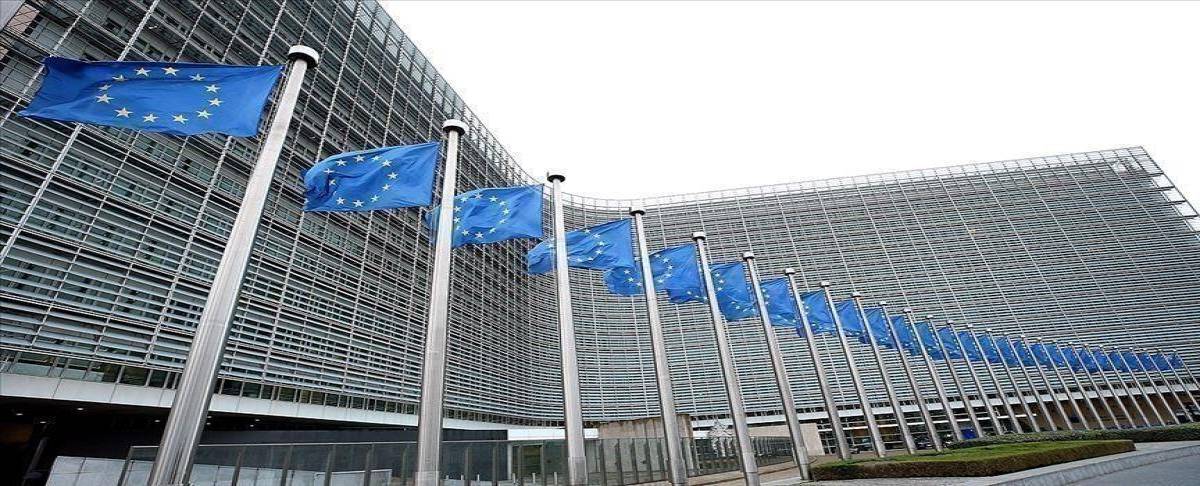1813 Views
EU at Crossroads: Will Suspending Israel Deal Restore Its Crumbling Credibility?
In recent months, the European Union (EU) has come under mounting pressure to reassess its relationship with Israel, due to the ongoing conflict in Gaza and the resulting humanitarian crisis. By July 2025, the EU has been seriously considering a range of measures—including the possible suspension of its cooperation agreement with Israel—in response to what it views as violations of international commitments by the Israeli government. This shift in stance reflects growing concerns over Israel’s actions, particularly regarding human rights, international law, and the escalating violence in the region.
As part of efforts to increase pressure on the Israeli regime, the European External Action Service has drafted a document outlining a comprehensive review of EU-Israel relations, with particular focus on Israel’s adherence to Article 2 of the EU-Israel Association Agreement. This article mandates respect for human rights and democratic principles—obligations that the EU believes Israel has violated. A report submitted to the European Council in June 2025 highlighted evidence of such violations, prompting the EU to explore political and practical measures to pressure Israel.
These considerations underscore the EU’s readiness to employ its legal and political tools to address Israel’s conduct, with suspension of the association agreement as the most significant potential measure. While the EU has welcomed some Israeli steps to improve the humanitarian situation in Gaza—such as increased aid truck deliveries and reopening of crossings—it continues to stress the importance of complying with international law.
As part of this review, the EU is also considering suspending high-level political dialogue with Prime Minister Netanyahu’s government. This move marks a significant escalation in diplomatic pressure and a sign of the EU’s dissatisfaction with Israel’s current policies. The proposal follows frustration over Israel’s response to the conflict—particularly its military actions in Gaza, which have been described as excessive and disproportionate. The EU diplomatic service has included the suspension of political dialogue among ten possible actions, signaling a willingness to take concrete steps to express disapproval. This move would not only strain bilateral relations but also serve as a warning to Israel about the consequences of ignoring international norms.
In fact, the EU’s evolving position is a direct response to the intensification of violence, continued occupation, and Tel Aviv’s disregard for shared human rights principles and prior agreements with the Union. Furthermore, Israel and the United States have come under criticism since April for bypassing UN agencies and NGOs in the delivery of humanitarian aid to Gaza, exacerbating civilian suffering. The EU has condemned these actions and called for an immediate ceasefire, the release of all remaining hostages, and full compliance with international law. With potential measures such as arms embargoes and economic sanctions under consideration, the EU aims to hold Israel accountable for its violations of human rights and international cooperation norms.
The possible suspension of the EU-Israel Association Agreement and other forms of cooperation could significantly increase Israel’s political isolation on the international stage. Such actions would weaken the regime’s diplomatic standing in the West and could have serious consequences for its economic, security, and media relations. For instance, the suspension of trade preferences and research programs like Horizon could impact Israel’s economy, while halting visa-free travel and imposing sanctions could target its political elite. Additionally, the EU’s stance may encourage other Western nations to adopt similar positions, further isolating the regime. This isolation not only harms Israel’s international image but also limits its ability to engage in global forums and partnerships.
Moreover, the EU is using its legal and political instruments to exert structural pressure on the Israeli government, aiming to compel a change in its behavior. This approach is part of a broader strategy to promote peace and stability in the West Asia region, including support for a two-state solution and efforts to improve humanitarian conditions in Gaza. The EU’s actions are designed to demonstrate that continued disregard for human rights and international law will not be tolerated, thereby pushing the Netanyahu government to revise its policies.
Despite these efforts, the EU has faced criticism for its reluctance to take firm action. A group of 27 former EU ambassadors to the West Asia and North Africa region have called for the suspension of the EU-Israel trade agreement, arguing that the EU’s failure to take concrete steps undermines its credibility—particularly in contrast to its stance on conflicts like Ukraine. These diplomats condemned the Israeli regime’s military actions in Gaza as disproportionate and highlighted the EU’s inaction as an example of double standards. They also criticized EU foreign policy chief Kaja Kallas for not following through on practical measures after the May review that revealed human rights violations. These internal critiques underscore divisions within the EU regarding its foreign policy toward Israel and point to the need for more decisive action.
In conclusion, the European Union stands at a critical juncture in its relationship with the Israeli regime. By considering the suspension of the cooperation agreement and other political measures, the EU is signaling its readiness to adopt a firmer stance on human rights and international law. However, to truly restore its credibility in the eyes of European and global public opinion, it must go beyond political rhetoric and implement tangible actions. The suspension of arms exports and use of economic tools would demonstrate the EU’s seriousness in addressing the Israeli-Palestinian conflict. Therefore, political posturing alone is not enough; meaningful steps are essential to hold Israel accountable and promote a lasting resolution. The EU must act decisively to avoid being seen as complicit in the regime’s actions and to reclaim its image as a defender of human rights and international law.
*Translated by Ashraf Hemmati from the original Persian article written by Amin Mahdavi

Comment
Post a comment for this article